Ask a Funeral Director
Lots of people have different beliefs about what will happen when they die, but how much do you know about what actually happens to you?
The people who know the facts about funerals are funeral directors, but most people don't get the opportunity to speak to them until they have to arrange a funeral themselves.
At Funeral Guide we do speak to a lot of funeral directors, and ask them a lot of questions! We've compiled answers to the most interesting questions to provide you with more insight into this important part of life.
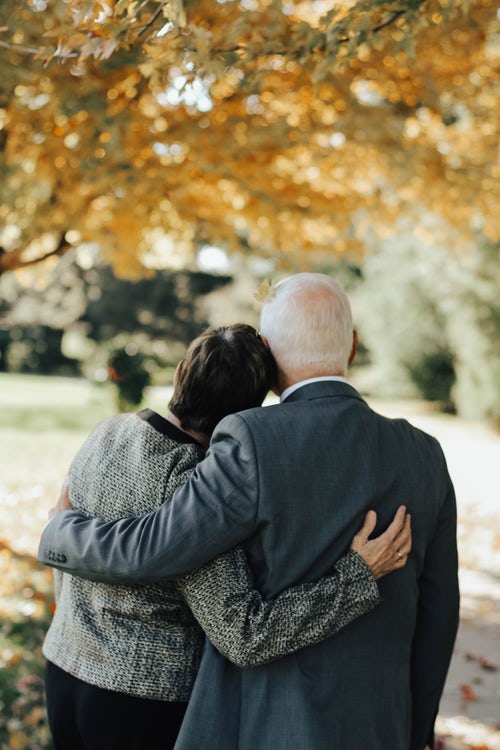
What happens at a funeral?
A traditional funeral features a procession to a church or other venue for a service with a eulogy and music followed by burial or cremation. Modern send-offs are now becoming much more diverse.
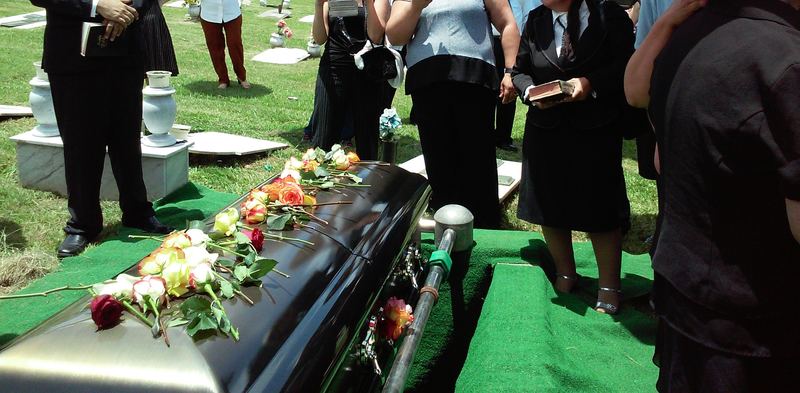
Why are funerals important?
Funerals are important to many people for different reasons; honouring tradition can be important, but saying goodbye to loved ones is a helpful part of the grieving process.
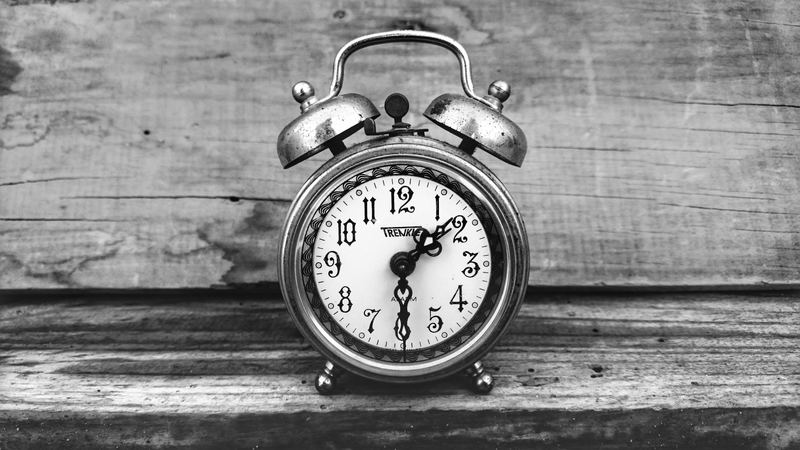
How soon does a funeral director arrive after someone dies?
Funeral directors must wait until a doctor has signed a Medical Certificate of Cause of Death from a doctor or coroner before they can collect someone who has died from a hospital or their home.

How do you choose a funeral director?
The most important things to consider when choosing a funeral director are the type of service you would like, budget and any other special requests, such as novelty hearses.

Is it okay to ‘shop around’ for a funeral director?
It is important to take your time choosing a funeral director. 'Shopping around’ lets you compare the services offered by different companies to find the right funeral director for your needs.
Compare funeral directors in your local area on Funeral Guide.

Will my budget affect how a funeral director treats me?
Funeral directors offer a range of different services, but always provide the same level of care and attention to everyone they look after.
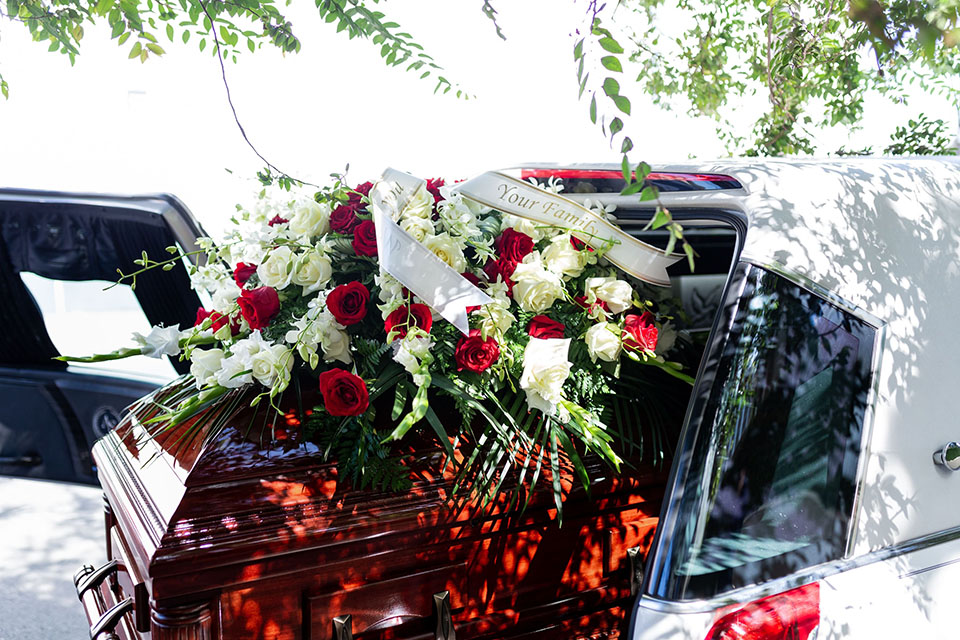
What are a funeral director's ‘professional services'?
A funeral director’s ‘professional services’ include organising important paperwork, advising bereaved families on funeral options, transporting the person from the place of death, caring for the person, and arranging their funeral.

What kind of paperwork is involved in a funeral?
Before you can bury or cremate a loved one who has died, you must get a Medical Certificate of the Cause of Death, a Death Certificate and a Certificate for Cremation or Burial.
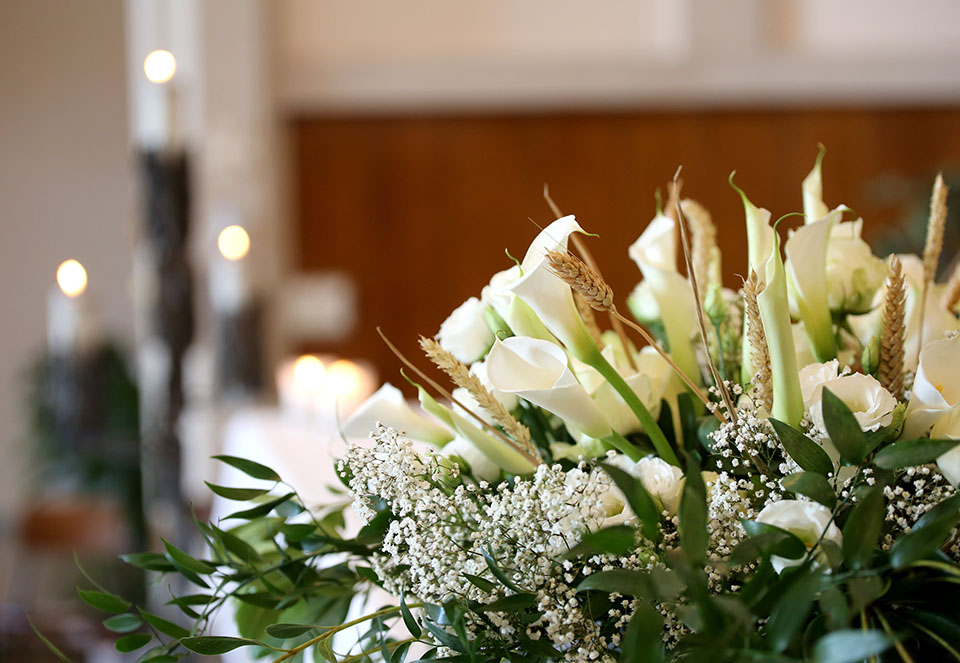
What are 'disbursements'?
Disbursement is the name for the costs of a funeral service that are payable to third parties, such as flowers, celebrants, funeral singers or providers of alternative funeral transport. The term disbursement is sometimes used to describe items such as flowers or orders of service.

Is funeral directing really a caring profession?
Most funeral directors devote their lives to their profession and are on-call 24/7. Funeral directors take pride in providing bereaved families with a sensitive and compassionate service that often exceeds their expectations.

Will you be absolutely sure I’m dead?
Before you can be cremated or buried your family will have to get a medical certificate from the doctor confirming your cause of death. If there is any uncertainty a coroner will perform a post-mortem to determine it.

Can my family still view me if I donate organs when I die?
After a person who has died donates organs all incisions are closed and the donor is returned to their family as soon as possible, so they can view their loved one if they wish.

Can you be buried without being embalmed?
There is no requirement to be embalmed, and families must always provide consent before it is carried out. Some religions forbid it and it is not allowed in many natural burial grounds.

Do people look different when they are dead?
If you view a loved one who has died they might seem very peaceful, but they may look different if they had been in an accident. Funeral directors & morticians can use embalming and makeup techniques to help improve the appearance of a loved one who has died.
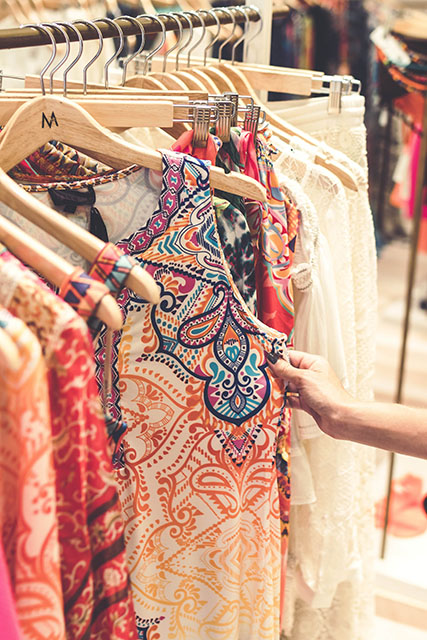
Is there a dress code when you’re dead?
People who have died can wear whatever they like. Most people will be dressed in a shroud, casual clothes or formal wear such as a suit or smart dress, and their shoes. Apart from wedding rings, most jewellery, including jewellery is taken off. This is a requirement if someone is cremated.

Can I be buried in the nude?
You can be buried in the nude! You don’t even need a coffin or shroud if the land belongs to you. If the burial ground is owned by someone else, you will need to get permission from them.
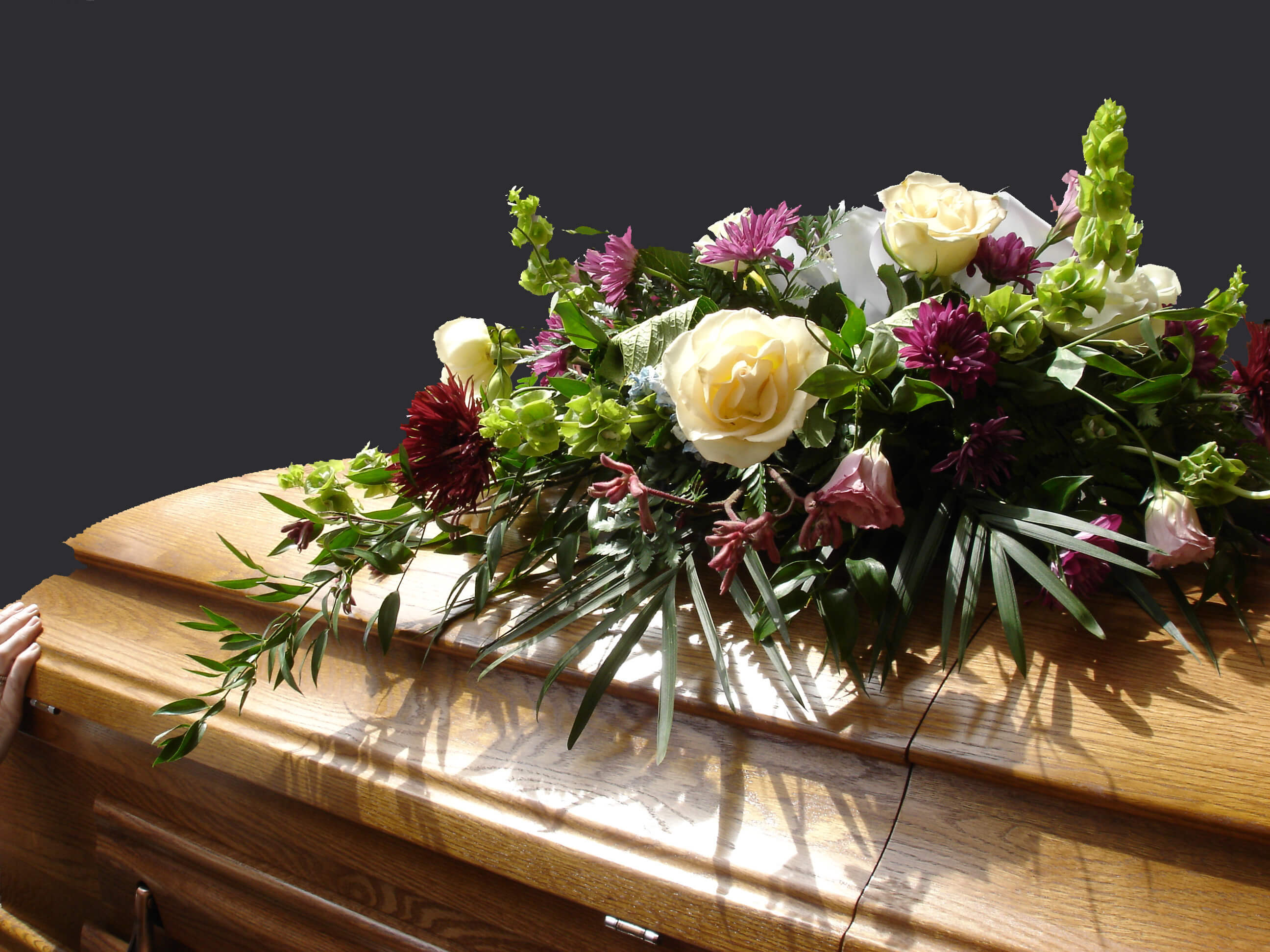
Can the coffin come home before the funeral?
A coffin may be kept at home overnight before the service for a viewing, wake or religious ceremony.
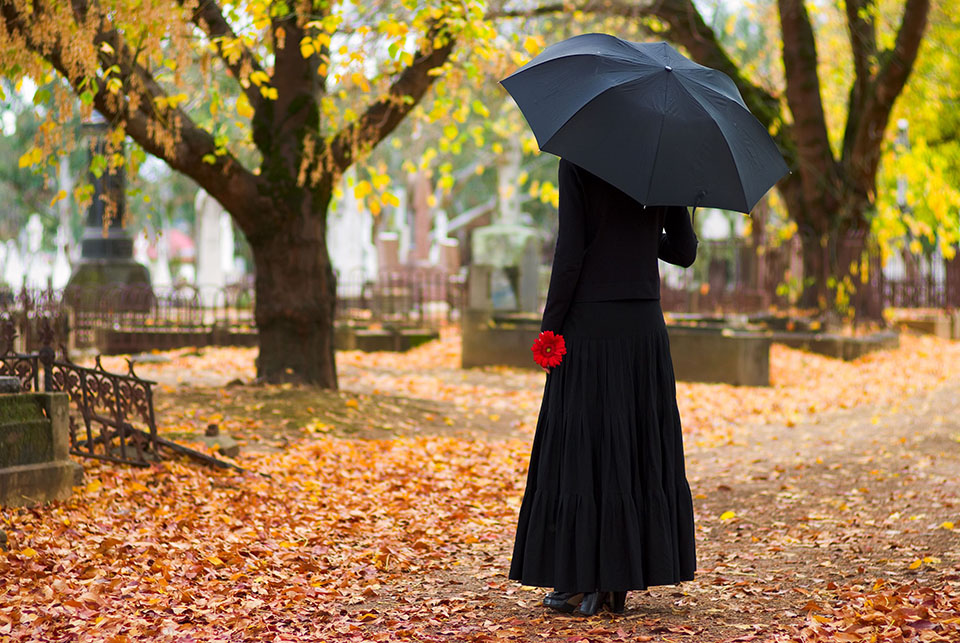
Why are people buried 6 feet under?
Most graves are actually 3 feet deep. In the Middle Ages it was believed that burying people 6 feet below ground would stop the spread of disease, but this is not actually necessary.
